- Home
- John le Carré
The Honourable Schoolboy Page 6
The Honourable Schoolboy Read online
Page 6
'Maintained at Treasury cost, too, I declare,' said Lacon, with the driest of smiles, fondling the leads which had once connected the probe microphones with the mains power supply. 'Or used to be, till George rewired the place. I must be sure to tell Brother Hammer. He'll be thrilled.'
Hammer, a Welshman, being Lacon's most persistent enemy.
On Lacon's advice Smiley now staged a modest piece of theatre. He ordered the ferrets to reactivate the radio microphones in the conference room and to modify the receiver on one of the Circus's few remaining surveillance cars. Then he invited three of the least bending Whitehall desk jockeys, including the Welsh Hammer, to drive in a half-mile radius round the building, while they listened to a pre-scripted discussion between two of Smiley's shadowy helpers sitting in the rumpus room. Word for word. Not a syllable out of place.
After which, Smiley himself swore them to absolute secrecy, and for good measure made them sign a declaration, drafted by the housekeepers expressly to inspire awe. Peter Guillam reckoned it would keep them quiet for about a month.
'Or less if it rains,' he added sourly.
Yet if Martindale and his colleagues in the Whitehall outfield lived in a state of primeval innocence about the reality of Smiley's world, those closer to the throne felt equally removed from him. The circles around him grew smaller as they grew nearer, and precious few in the early days reached the centre. Entering the brown and dismal doorway of the Circus, with its temporary barriers manned by watchful janitors, Smiley shed none of his habitual privacy. For nights and days at a time, the door to his tiny office suite stayed closed and his only company was Peter Guillam, and a hovering dark-eyed factotum named Fawn, who had shared with Guillam the job of babysitting Smiley during the smoking-out of Haydon. Sometimes Smiley disappeared by the back door with no more than a nod, taking Fawn, a sleek, diminutive creature, with him and leaving Guillam to field the phone calls and get hold of him in emergency. The mothers likened his behaviour to the last days of Control, who had died in harness, thanks to Haydon, of a broken heart. By the organic processes of a closed society, a new word was added to the jargon. The unmasking of Haydon now became the fall and Circus history was divided into before the fall and after it. To Smiley's coming and goings, the physical fall of the building itself, three-quarters empty and, since the visit of the ferrets, in a wrecked condition, lent a sombre sense of ruin which at low moments became symbolic to those who had to live with it. What the ferrets destroy they do not put together: and the same, they felt perhaps, was true of Karla, whose dusty features, nailed there by their elusive chief, continued to watch over them from the shadows of his Spartan throne-room.
The little they did know was appalling. Such humdrum matters as personnel, for example, took on a horrific dimension. Smiley had blown staff to dismiss, and blown residencies to dismantle; poor Tufty Thesinger's in Hong Kong for one, though being pretty far removed from the anti-Soviet scene, Hong Kong was one of the last to go. Round Whitehall, a terrain which like Smiley they deeply distrusted, they heard of him engaged in bizarre and rather terrible arguments over terms of severance and resettlement. There were cases, it seemed — poor Tufty Thesinger in Hong Kong once more supplied the readiest example where Bill Haydon had deliberately encouraged the over-promotion of burnt-out officers who could be counted on not to mount private initiatives. Should they be paid off at their natural value, or at the inflated one which Haydon had mischievously set on them? There were others where Haydon for his own preservation had confected reasons for dismissal. Should they receive full pension? Had they a claim to reinstatement? Perplexed young Ministers, new to power since the elections, made brave and contradictory rulings. In consequence a sad stream of deluded Circus field officers, both men and women, passed through Smiley's hands, and the housekeepers were ordered to make sure that for reasons of security and perhaps aesthetics, none of these returnees from foreign residencies should set foot inside the main building. Nor would Smiley tolerate any contact between the damned and the reprieved. Accordingly, with grudging Treasury support from the Welsh Hammer, the housekeepers opened a temporary reception point in a rented house in Bloomsbury, under cover of a language school (Regret No Callers Without Appointment) and manned it with a quartet of pay-and-personnel officers. This body became inevitably the Bloomsbury Group, and it was known that sometimes for a spare hour or so Smiley made a point of slipping down there and, rather in the manner of a hospital visitor, offering his condolences to faces frequently unknown to him. At other times, depending on his mood, he would remain entirely silent, preferring to perch unexplained and Buddha-like in a corner of the dusty interviewing room.
What drove him? What was he looking for? If anger was the root, then it was an anger common to them all in those days. They could be sitting together in the raftered rumpus room after a long day's work, joking and gossiping; but if someone should let slip the names of Karla or his mole Haydon, a silence of angels would descend on them, and not even cunning old Connie Sachs, the Moscow-gazer, could break the spell.
Even more affecting in the eyes of his subordinates were Smiley's efforts to save something of the agent networks from the wreck. Within a day of Haydon's arrest, all nine of the Circus's Soviet and East European networks had gone cold. Radio links stopped dead, courier lines dried up and there was every reason to say that, if there had been any genuinely Circus-owned agents left among them, they had been rolled up overnight. But Smiley fiercely opposed that easy view, just as he refused to accept that Karla and Moscow Centre between them were invincibly efficient, or tidy, or logical. He pestered Lacon, he pestered the Cousins in their vast annexes in Grosvenor Square, he insisted that agent radio frequencies continue to be monitored, and despite bitter protest by the Foreign Office — Roddy Martindale as ever to the fore — he had open-language messages put out by the overseas services of the BBC ordering any live agent who should happen to hear them and know the codeword, to abandon ship immediately. And, little by little, to their amazement, came tiny flutterings of life, like garbled messages from another planet.
First, the Cousins, in the person of their suspiciously bluff local station chief Martello, reported from Grosvenor Square that an American escape line was passing two British agents, a man and a woman, to the old holiday resort of Sochi on the Black Sea, where a small boat was being fitted in readiness for what Martello's quiet men insisted on calling an 'exfiltration assignment'. By his description, he was referring to the Churayevs, linchpins of the Contemplate network which had covered Georgia and the Ukraine. Without waiting for Treasury sanction, Smiley resurrected from retirement one Roy Bland, a burly ex-Marxist dialectician and sometime field agent, who had been the network's case officer. To Bland, who had come down heavily in the fall, he entrusted the two Russian leash-dogs de Silsky and Kaspar, also in mothballs, also former Haydon protégés, to make up a standby reception party. They were still sitting in their RAF transport plane when word carne through that the couple had been shot dead as they were leaving harbour. The exfiltration assignment had fallen through, said the Cousins. In sympathy, Martello personally telephoned Smiley with the news. He was a kindly man, by his own lights, and, like Smiley, old school. It was night-time, and raining furiously.
'Now don't go taking this too hardly, George,' he warned in his avuncular way. 'Hear me? There's fieldmen and there's deskmen and it's up to you and me to see that the distinction is preserved. Otherwise we all go crazy. Can't go down the line for every one of them. That's generalship. So you just remember that.'
Peter Guillam, who was at Smiley's shoulder when he took the call, swore later that Smiley showed no particular reaction: and Guillam knew him well. Nevertheless, ten minutes later, unobserved by anybody, he was gone, and his voluminous mackintosh was missing from its peg. He returned after dawn, drenched to the skin, still carrying the mackintosh over his arm. Having changed, he returned to his desk, but when Guillam, unbidden, tiptoed in to him with tea, he found his master, to his embarrassment, si
tting rigidly before an old volume of German poetry, fists clenched either side of it, while he silently wept.
Bland, Kaspar and de Silsky begged for reinstatement. They pointed to little Toby Esterhase, the Hungarian, who had somehow gained readmittance, and demanded the same treatment, in vain. They were stood down and not spoken of again. To injustice belongs injustice. Though tarnished, they might have been useful, but Smiley would not hear their names; not then; not later; not ever. Of the immediate post-fall period, that was the lowest point. There were those who seriously believed — inside the Circus as well as. out — that they had heard the last beat of the secret English heart.
A few days after this catastrophe, as it happened, luck handed Smiley a small consolation. In Warsaw in broad daylight a Circus head agent on the run picked up the BBC signal and walked straight into the British Embassy. Thanks to ferocious lobbying by Lacon and Smiley between them he was flown home to London the same night disguised as a diplomatic courier, Martindale not withstanding. Mistrusting his cover story Smiley turned the man over to the Circus inquisitors who, deprived of other meat, nearly killed him but afterwards declared him clean. He was resettled in Australia.
Next, still at the very genesis of his rule, Smiley was compelled to pass judgement on the Circus's blown domestic out-stations. His instinct was to shed everything: the safe houses, now totally unsafe; the Sarratt Nursery, where traditionally the briefing and training of agents and new entrants was conducted: the experimental audio laboratories in Harlow; the stinks-and-bangs school in Argyll; the water school in the Helford Estuary, where passé sailors practised the black arts of small-boat seacraft like the ritual of some lost religion; and the longarm radio transmission base at Canterbury. He would even have done away with the wranglers' headquarters in Bath where the codebreaking went on.
'Scrap the lot,' he told Lacon, calling on him in his rooms.
'And then what?' Lacon enquired, puzzled by his vehemence, which since the Sochi failure was more marked in him.
'Start again.'
'I see,' said Lacon, which meant, of course, that he didn't. Lacon had sheets of Treasury figures before him, and was studying them while he spoke.
'The Sarratt Nursery, for some reason which I fail to understand, is carried on the military budget,' he observed reflectively. 'Not on your reptile fund at all. The Foreign Office pays for Harlow — and I'm sure has long forgotten the fact — Argyll is under the wing of the Ministry of Defence, who most certainly won't know of its existence, the Post Office has Canterbury and the Navy has Helford. Bath, I'm pleased to say, is also supported from Foreign Office funds, over the particular signature of Martindale, appended six years ago and similarly faded from official memory. So they don't eat a thing. Do they?'
'They're dead wood,' Smiley insisted. ' And while they exist we shall never replace them. Sarratt went to the devil long ago, Helford is moribund, Argyll is farcical. As to the wranglers, for the last five years they've been working practically full time for Karla.'
'By Karla you mean Moscow Centre?'
'I mean the department responsible for Haydon and half a dozen -'
'I know what you mean. But I think it safer to stay with institutions if you don't mind. In that way we are spared the embarrassment of personalities. After all, that's what institutions are for, isn't it?' Lacon tapped his pencil rhythmically on his desk. Finally he looked up, and considered Smiley quizzically. 'Well, well, you are the root-and-bough man these days, George. I dread to think what would happen if you were ever to wield your axe round my side of the garden. Those outstations are gilt-edged stock. Do away with them now and you'll never get them back. Later, if you like, when you're on the road, you can cash them in and buy yourself something better. You mustn't sell when the market's low, you know. You must wait till you can take a profit.'
Reluctantly, Smiley bowed to his advice.
As if all these headaches were not enough, there came one bleak Monday morning when a Treasury audit pointed up serious discrepancies in the conduct of the Circus reptile fund over the period of five years before it was frozen by the fall. Smiley was forced to hold a kangaroo court, at which an elderly clerk in Finance Section, hauled from retirement, broke down and confessed to a shameful passion for a girl in Registry who had led him by the nose. In a ghastly fit of remorse, the old man went home and hanged himself. Against all Guillam's advice Smiley insisted on attending the funeral.
Yet it is a matter of record that from these quite dismal beginnings, and indeed from his very first weeks in office, George Smiley went over to the attack.
The base from which this attack was launched was in the first instance philosophical, in the second theoretical, and only in the last instance, thanks to the dramatic appearance of the egregious gambler Sam Collins, human.
The philosophy was simple. The task of an intelligence service, Smiley announced firmly, was not to play chase games but to deliver intelligence to its customers. If it failed to do this, those customers would resort to other, less scrupulous sellers or, worse, indulge in amateurish self-help. And the service itself would wither. Not to be seen in the Whitehall markets was not to be desired, he went on. Worse: unless the Circus produced, it would also have no wares to barter with the Cousins, nor with other sister services with whom reciprocal deals were traditional. Not to produce was not to trade, and not to trade was to die.
Amen, they said.
His theory — he called it his premise — on how intelligence could be produced with no resources, was the subject of an informal meeting held in the rumpus room not two months after his accession, between himself and the tiny inner circle which made up, to a point, his team of confidants. They were in all five: Smiley himself; Peter Guillam, his cupbearer; big, flowing Connie Sachs, the Moscow-gazer; Fawn, the dark-eyed factotum, who wore black gym-shoes and manned the Russian-style copper samovar and gave out biscuits; and lastly Doc di Salis, known as the Mad Jesuit, the Circus's head China watcher. When God had finished making Connie Sachs, said the wags, He needed a rest, so He ran up Doc de Salis from the remnants. The Doc was a patchy, grubby little creature, more like Connie's monkey than her counterpart, and his features, it was true, from the spiky silver hair that strayed over his grimy collar, to the moist misshapen fingertips which picked like chicken beaks at everything around them, had an unquestionably ill-begotten look. If Beardsley had drawn him, he would have had him chained and hirsute, peeping round the corner of her enormous caftan. Yet di Salis was a notable orientalist, a scholar, and something of a hero too, for he had spent a part of the war in China, recruiting for God and the Circus, and another part in Changi jail, for the pleasure of the Japanese. That was the team: the Group of Five. In time it expanded, but to start with these five alone made up the famous cadre, and afterwards, to have been one of them, said di Salis, was 'like holding a Communist Party card with a single-figure membership number'.
First, Smiley reviewed the wreck, and that took some while, in the way that sacking a city takes some while, or liquidating great numbers of people. He simply drove through every back alley the Circus possessed, demonstrating quite ruthlessly how, by what method, and often exactly when Haydon had laid bare its secrets to his Soviet masters. He had of course the advantage of his own interrogation of Haydon, and of the original researches which had led him to Haydon's discovery. He knew the track. Nevertheless, his peroration was a minor tour de force of destructive analysis.
'So no illusions,' he ended tersely. 'This service will never be the same again. It may be better, but it will be different.'
Amen again, they said, and took a doleful break to stretch their legs.
It was odd, Guillam recalled later, how the important scenes of those early months seemed all to play at night. The rumpus room was long and raftered, with high dormer windows which gave on to nothing but orange night sky and a coppice of rusted radio aerials, war relics which no one had seen fit to remove.
The premise, said Smiley when they had resettle
d, was that Haydon had done nothing against the Circus that was not directed, and that the direction came from one man personally: Karla.
His premise was, that in briefing Haydon, Karla was exposing the gaps in Moscow Centre's knowledge; that in ordering Haydon to suppress certain intelligence which came the Circus's way, in ordering him to downgrade or distort it, to deride it, or even to deny it circulation altogether, Karla was indicating the secrets he did not want revealed.
'So we can take the backbearings, can't we, darling?' murmured Connie Sachs, whose speed of uptake put her as usual a good length ahead of the rest of the field.
'That's right, Con. That's exactly what we can do,' said Smiley gravely. 'We can take the backbearings.' He resumed his lecture, leaving Guillam for one more mystified than before.

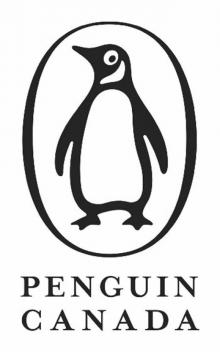 The Honorable Schoolboy
The Honorable Schoolboy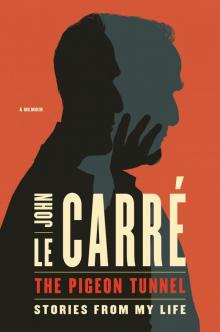 The Pigeon Tunnel: Stories From My Life
The Pigeon Tunnel: Stories From My Life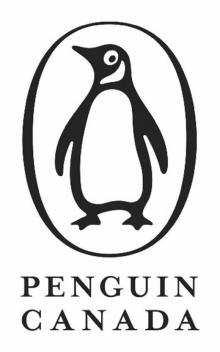 Single & Single
Single & Single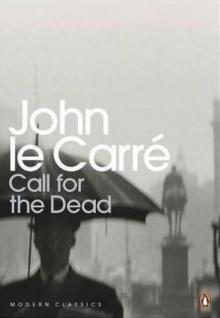 The Spy Who Came in From the Cold
The Spy Who Came in From the Cold The Looking Glass War
The Looking Glass War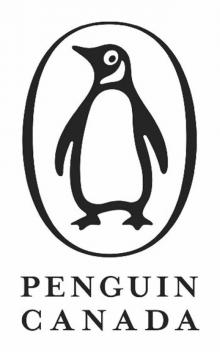 The Night Manager
The Night Manager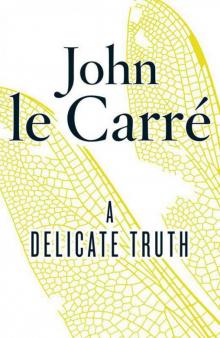 A Delicate Truth
A Delicate Truth A Perfect Spy
A Perfect Spy The Little Drummer Girl
The Little Drummer Girl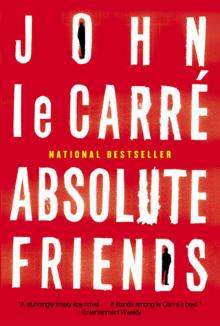 Absolute Friends
Absolute Friends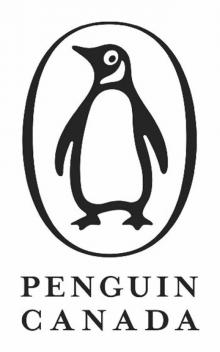 A Murder of Quality AND Call for the Dead
A Murder of Quality AND Call for the Dead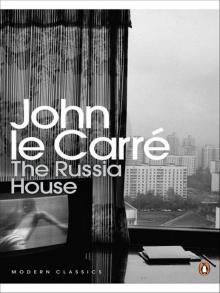 The Russia House
The Russia House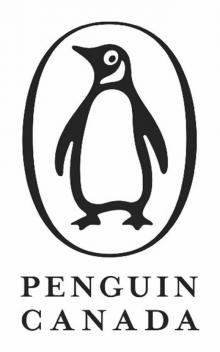 The Tailor of Panama
The Tailor of Panama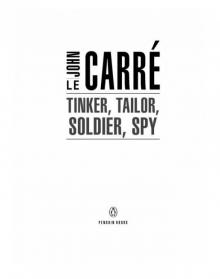 Tinker, Tailor, Soldier, Spy
Tinker, Tailor, Soldier, Spy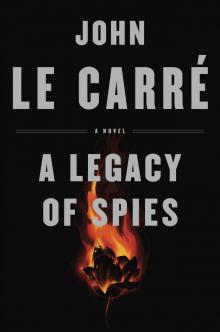 A Legacy of Spies
A Legacy of Spies The Mission Song
The Mission Song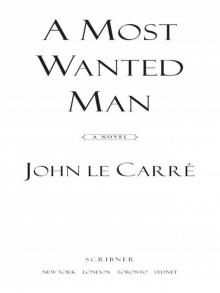 A Most Wanted Man
A Most Wanted Man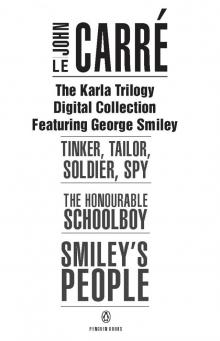 John Le Carré: Three Complete Novels
John Le Carré: Three Complete Novels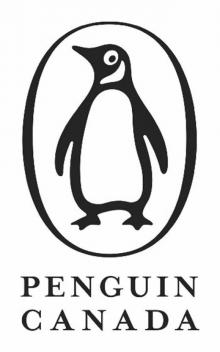 The Secret Pilgrim
The Secret Pilgrim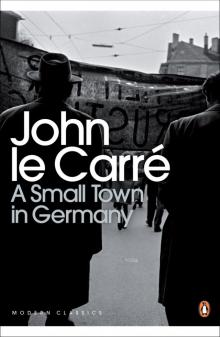 A Small Town in Germany
A Small Town in Germany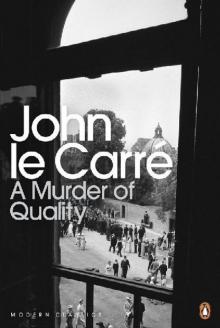 A Murder of Quality
A Murder of Quality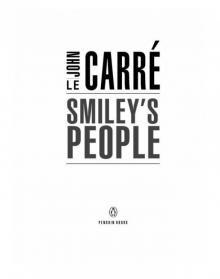 Smiley's People
Smiley's People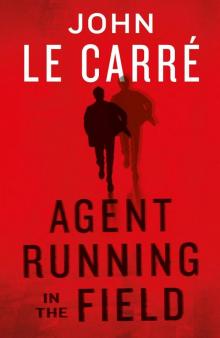 Agent Running in the Field
Agent Running in the Field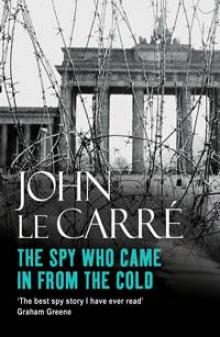 The Spy Who Came in from the Cold s-3
The Spy Who Came in from the Cold s-3 The Pigeon Tunnel
The Pigeon Tunnel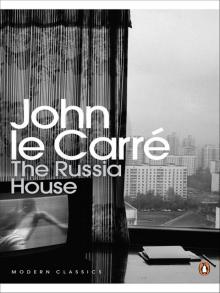 The Russia House - 13
The Russia House - 13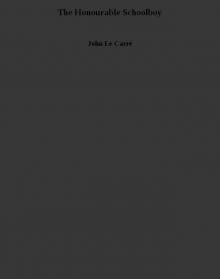 The Honourable Schoolboy
The Honourable Schoolboy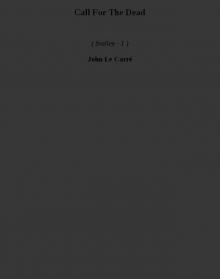 Call For The Dead s-1
Call For The Dead s-1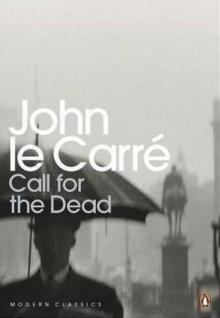 Call for the Dead
Call for the Dead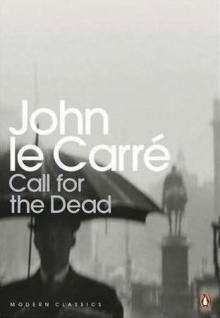 Call for the Dead - 1
Call for the Dead - 1